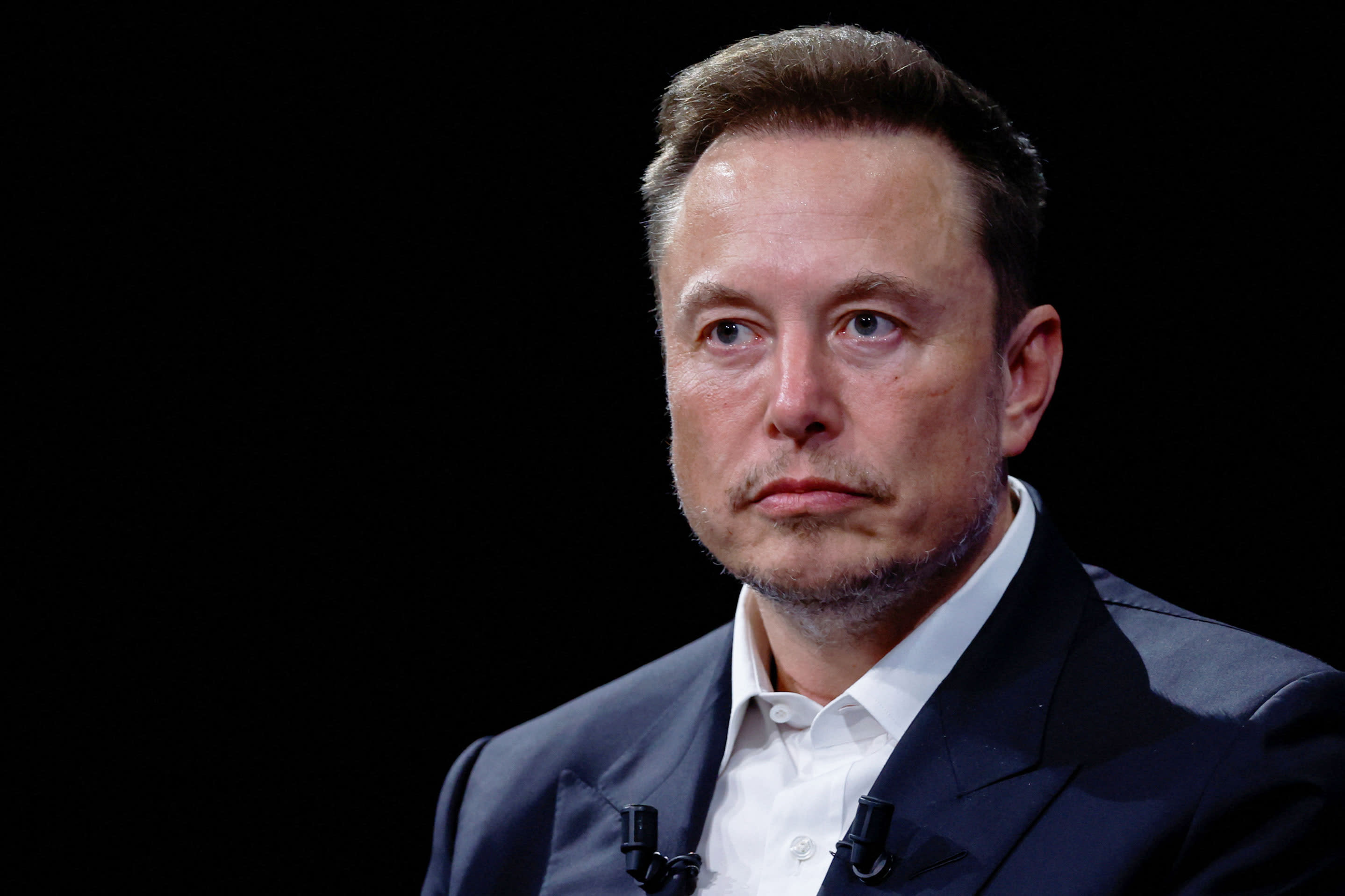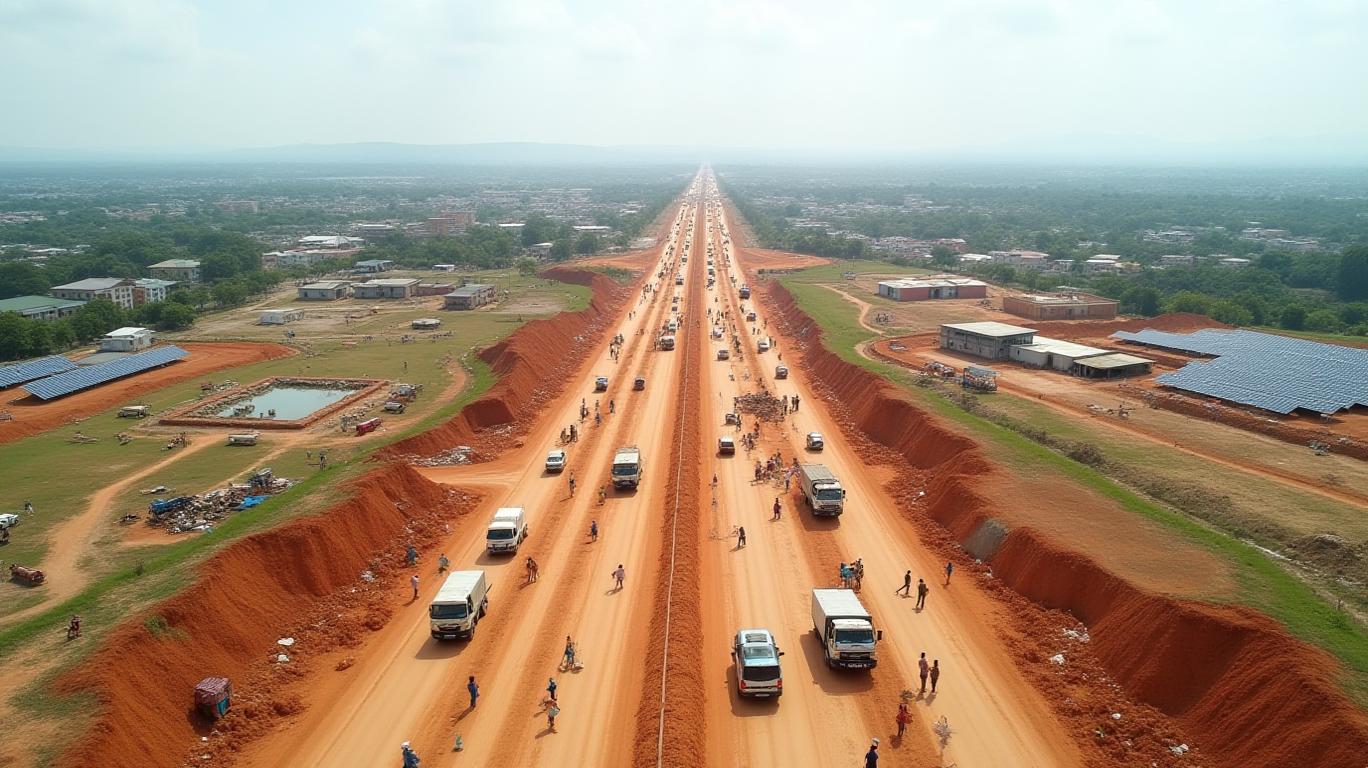Elon Musk emerges as a unique personality at the crossroads of technology, business ventures, and international relations. Serving as the chief executive of Tesla, SpaceX, and X (previously Twitter), Musk commands a level of authority and sway that extends beyond the conventional limits of corporate governance. His effect on worldwide politics is complex and continuously shifting, covering advancements in technology, national security concerns, the shift to renewable energy, public dialogue, and direct involvement in policy-making.
Technological Leadership and Its Diplomatic Ramifications
Musk’s influence in groundbreaking fields like electric vehicles, sustainable energy, and space exploration creates widespread impacts globally. Tesla’s leading position in electric automobiles compelled car manufacturers globally to hasten their electrification efforts, prompting shifts in government policies favoring eco-friendly transportation. For example, after Tesla’s emergence, nations such as Norway, China, and European Union members reconsidered their policies on fossil fuel vehicles and promoted electric options. China, recognizing both a chance and a challenge, invested significant financial aid into its own electric vehicle sector, intending to surpass Tesla’s technological advantage.
The progress made by SpaceX has reshaped not only the possibilities for exploration but also the landscape of worldwide security. The Starlink satellite system, intended to deliver internet access across the globe, unintentionally positions Musk as a crucial figure in communications, particularly during periods of strife or uncertainty. For instance, throughout the Russian incursion into Ukraine, Starlink ensured continuous communication for both Ukrainian military and civilian entities. This action—orchestrated by a private individual rather than a government—sparked a global discussion concerning the oversight, availability, and responsibilities associated with critical communication infrastructure.
Direct Engagement in Geopolitical Conflicts
Few entrepreneurs have engaged as directly in world affairs as Elon Musk. His high-profile interventions, sometimes by tweet or public statement, have drawn both criticism and admiration. During the Ukrainian conflict, Musk became a de facto diplomatic actor. By controlling Starlink’s operational parameters in Ukraine, Musk was able to affect military capabilities and humanitarian operations. According to reports, he at times limited or modified service to avoid escalation or direct involvement, highlighting the unprecedented mingling of private initiative and military necessity.
Musk’s publicly shared ideas for resolving the Ukraine-Russia war, despite their unofficial nature, garnered as much notice as official diplomatic efforts. Although Ukrainian leaders rejected Musk’s proposals, emphasizing their nation’s sovereignty and stance, Russian officials reacted favorably. His remarks were discussed at the highest echelons, demonstrating the potential impact of his individual views on international diplomacy.
Energy Politics: Influencing the Renewable Transformation
The worldwide shift from fossil fuels is highly politicized. Musk’s promotion of solar energy, battery storage, and electric transportation places him at the core of these discussions. His endeavors in lithium mining, Gigafactories for batteries, and solar roof innovations are transforming supply chains and competition for resources. For instance, as the need for Tesla batteries grew, so did geopolitical strains concerning the extraction of lithium, nickel, and cobalt, with nations ranging from Chile to the Democratic Republic of Congo contending with matters of governance, environmental impact, and societal concerns.
In 2022, as Europe confronted an energy crisis exacerbated by the Ukraine conflict, Musk’s commentary about nuclear power and his companies’ rapid expansion in solar installations influenced not just investor sentiment but also policy direction, including Germany’s short-lived reversal on nuclear phase-out.
Social Media Influence and Public Discourse
With his acquisition of X, Musk gained unprecedented control over a platform central to political communication, grassroots organization, and news dissemination. Changes to content moderation, reinstatement of controversial figures, and shifts in platform algorithms have all been closely monitored by policymakers around the world. European regulators, notably, have warned of penalties if the platform facilitates the spread of hate or disinformation that contravenes EU law, placing Musk in direct negotiation with supranational government bodies.
Musk’s personal use of social media shows his ability to intervene directly in ongoing policy debates, ranging from artificial intelligence regulation to freedom of expression and national security. By positioning himself as a defender of “free speech absolutism,” his actions influence both social movements and legislative agendas, notably in the United States and the European Union.
Military and Defense Partnerships
Elon Musk’s business ties with the U.S. government and allied armed forces amplify his sway over defense and intelligence capacities. SpaceX’s Falcon and Dragon spacecraft are crucial for both NASA and the Pentagon, enabling satellite deployments for national security and robust GPS functionalities. The Pentagon has shown interest in utilizing Starlink for reliable, swift battlefield communications and intelligence activities, prompting inquiries regarding supervision and the equilibrium of public-private collaborations in critical areas.
These trends have prompted certain countries to expedite the creation of independent capabilities in satellite and launch technologies, aiming to prevent reliance on a sole entrepreneur or a company under foreign ownership.
Financial Influence: Supply Chains and Capital Movement
Tesla’s worldwide presence enables Musk to influence international commerce, overseas capital, and employment sectors. For instance, the choice to establish Gigafactories in China and Germany generated substantial foreign direct investment and boosted regional job creation. Nevertheless, these actions also subjected Tesla to indigenous political pressures, industrial disagreements, and evolving regulatory frameworks.
The firm’s activities within China are particularly remarkable. Musk secured advantageous conditions with Chinese officials—a distinct achievement among international car manufacturers—encompassing fully owned facilities in Shanghai. These accords not only enabled Tesla’s swift growth but also established Musk as a crucial collaborator with the globe’s second-biggest economy, thereby making him a vital intermediary in the economic ties between the U.S. and China.
Shaping the Global Regulatory Agenda
Through advocacy, lobbying, and public commentary, Musk shapes regulatory agendas in critical areas such as artificial intelligence, autonomous vehicles, and carbon emissions. His warnings about the dangers of unregulated AI development contributed to calls for government oversight from Washington, Brussels, and Beijing. Conversely, his resistance to certain environmental compliance regimes—arguing for rational flexibility in emission targets—impacts debate on the speed and structure of regulatory implementation.
In the realm of self-driving transportation, Musk’s viewpoint and Tesla’s practical information have been leveraged to either support or oppose rapid implementation without human operators, once more positioning the entrepreneur at the core of legislative discussions.
Elon Musk’s unparalleled combination of technological innovation, media presence, global investments, and strategic vision enables him to shape not only commercial landscapes but also the very structures of international political power. His interventions—sometimes formal, often improvised—reveal how 21st-century influence is no longer confined to heads of state or diplomats. Instead, technological entrepreneurs like Musk mediate, accelerate, and occasionally disrupt the tempo and terrain of global politics, often raising new dilemmas about accountability, sovereignty, and the boundaries between public good and private gain.







